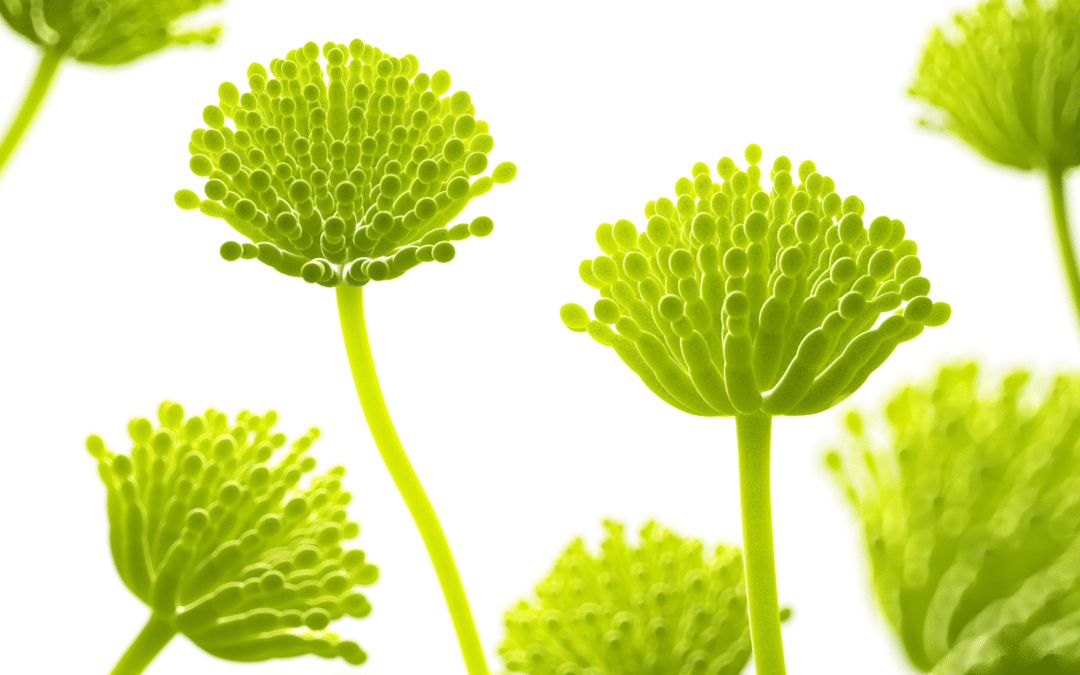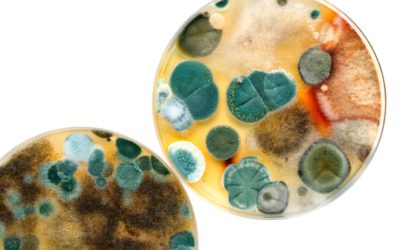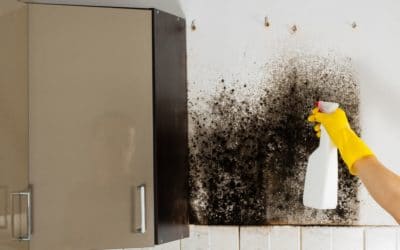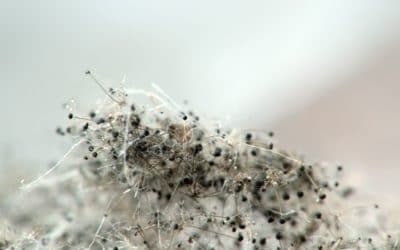Aspergillus Mold: What You Need to Know
Aspergillus mold is a type of fungus that can be found indoors and outdoors. It is often associated with water damage and can cause a number of health problems in humans. In this blog post, we will discuss the dangers of aspergillus mold, as well as how to protect yourself from it.
What is Aspergillus Mold and Where Can It Be Found
Aspergillus mold is a fungus that can be found in many different environments, including homes, office buildings, and schools. The most common type of aspergillus mold is Aspergillus niger, which is often found on dead leaves and in soil. Aspergillus mold can also be found on food, such as grains and nuts. While most types of aspergillus mold are not harmful to humans, some can cause respiratory infections in people with weakened immune systems. In addition, aspergillus mold can cause allergic reactions in some people, such as asthma attacks. If you suspect that you have aspergillus mold in your home or office, it is important to contact a professional mold removal company to have the mold removed safely.
The Dangers of Aspergillus Mold
Although Aspergillus mold is generally considered harmless to humans, it can cause serious respiratory infections in people with weakened immune systems. In some cases, aspergillus can even be fatal. The mold produces a number of toxins that can damage the lungs, and it is particularly adept at colonizing the airways of people with chronic lung diseases like asthma or emphysema. As a result, people with these conditions are at an increased risk for developing aspergillosis, an infection caused by aspergillus. Treatment for aspergillosis often requires long courses of antifungal medication, and in some cases, surgery may be necessary to remove infected tissue from the lungs. While aspergillus is not typically dangerous to healthy people, it can pose a serious threat to those with weak immune systems. Therefore, it is important to be aware of the risks associated with this type of mold and to take steps to avoid exposure if possible.
How to Protect Yourself from Aspergillus Mold
While most people don’t experience any adverse effects from exposure to aspergillus, some individuals may be allergic to the mold or may develop an infection if the mold spores are inhaled. There are a few simple steps you can take to protect yourself from aspergillus mold:
- Avoid spending time in areas where there is visible mold growth.
- If you must enter a moldy area, wear a mask to avoid breathing in the spores.
- Keep your living space clean and free of clutter to reduce the risk of mold growth.
- Don’t allow food or other items to sit out for extended periods of time, as this provides an opportunity for mold to grow.
By taking these simple precautions, you can minimize your exposure to aspergillus mold and reduce your risk of developing an allergic reaction or infection.
Additional Resources on Aspergillus Mold
The following resources provide more information on aspergillus mold and how to remove it:
- The Centers for Disease Control and Prevention (CDC) offers a comprehensive guide to aspergillus mold, including information on its appearance, health effects, and removal strategies.
- The Mayo Clinic has additional information on aspergillus mold.
- The Environmental Protection Agency (EPA) provides an overview of aspergillus mold and offers guidance on how to prevent and remove it from indoor spaces.
If you have a mold problem in your home, it is important to take care of it as soon as possible. Mold can cause serious health problems, so it is not something to be taken lightly. The team at Affordable Water and Mold Removal are experts in mold removal and will take care of the problem for you quickly and efficiently. Contact us today for more information or to schedule a consultation. We look forward to helping you get rid of that pesky mold once and for all!




